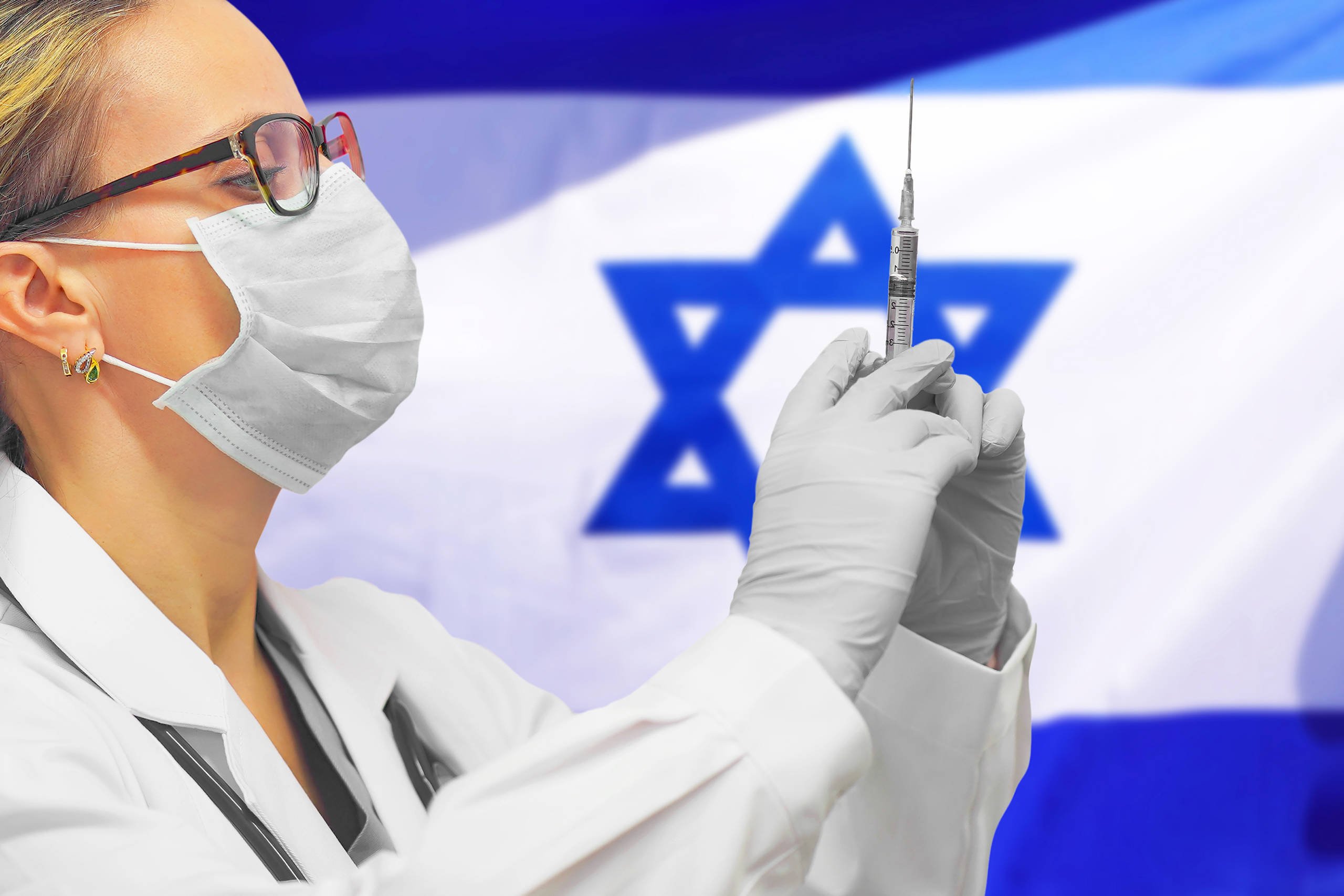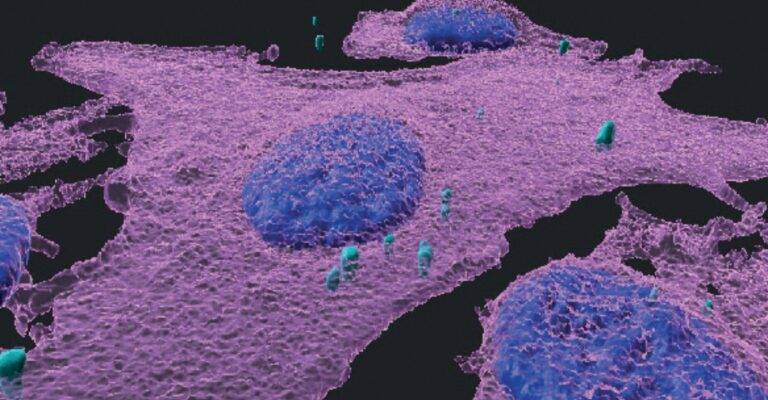Scientists have discovered that the immune system can find bacteria residing within cancer cells and use them to provoke an immune reaction against a tumor.
By Abigail Klein Leichman, Israel21c
The immune system can find bacteria residing within cancer cells and harness them to provoke an immune reaction against the tumor, according to a study published in Nature.
An international research team, led by researchers from the Weizmann Institute of Science in Israel, says this discovery may explain why the gut microbiome is known to affect the success of immunotherapy treatments for cancer.
Immunotherapy has dramatically improved recovery rates from certain cancers, particularly malignant melanoma, but still work in only about 40 percent of the cases.
Molecular cell biologist Ravid Straussman, one of the first to reveal bacteria in cancer cells, devised methods for Prof. Yardena Samuels and her lab to search for signposts to those bacteria.
Lead authors Shelly Kalaora and Adi Nagler analyzed tissue samples from 17 metastatic melanoma tumors derived from nine patients. They obtained bacterial genomic profiles of these tumors and then identified nearly 300 tumor peptides that can be recognized by the immune system.
Future studies may establish which bacterial peptides enhance the immune response, enabling physicians to predict the success of immunotherapy and to tailor a personalized treatment accordingly.
“Many of these peptides were shared by different metastases from the same patient or by tumors from different patients, which suggests that they have a therapeutic potential and a potent ability to produce immune activation,” Nagler said.
“Our findings suggest that bacterial peptides presented on tumor cells can serve as potential targets for immunotherapy,” Samuels said. “They may be exploited to help immune T cells recognize the tumor with greater precision, so that these cells can mount a better attack against the cancer. This approach can in the future be used in combination with existing immunotherapy drugs.”
The study’s collaborators were from the Technion – Israel Institute of Technology; Hadassah Hebrew University Medical Center; Tel Aviv University; Open University of Israel; University of Texas MD Anderson Cancer Center; Texas A&M University; Sanford Burnham Prebys Medical Discovery Institute in California; the US National Cancer Institute; Wellcome Sanger Institute, Cambridge, UK; and The Netherlands Cancer Institute.

HELP ISRAELIS BATTLE CORONA!
Donate to the Corona Emergency Relief Fund. Coronavirus has taken a huge toll on the people of Israel. The poor, elderly and ill are most vulnerable.
Israeli soldiers, security officers and medical care providers operate under great danger and risk to life.
Over 1 million Israelis are out of work. Many cannot make ends meet. We provide financial aid, food, medical supplies and more. Funds are distributed where needed most. The time to act is now!
United with Israel extends a special note of appreciation to the Genesis Prize for their generous support.
Send Passover Packages to Needy Israeli Soldiers - Bring Them Joy!
We are honored to thank the young men and women of the IDF who risk their lives every day to protect the citizens of Israel. Since October 7th, soldiers have been on the battlefield for months - many are hoping to come home for Passover.
Join us in sending Passover food packages (and personal notes) to Israeli soldiers and their families.
Many soldiers spend the Passover holiday with needy families back home. The soldiers greatly appreciate your love and concern. Bring them Passover joy!
CLICK HERE TO SEND YOUR PACKAGE AND NOTE TO ISRAELI SOLDIERS!




